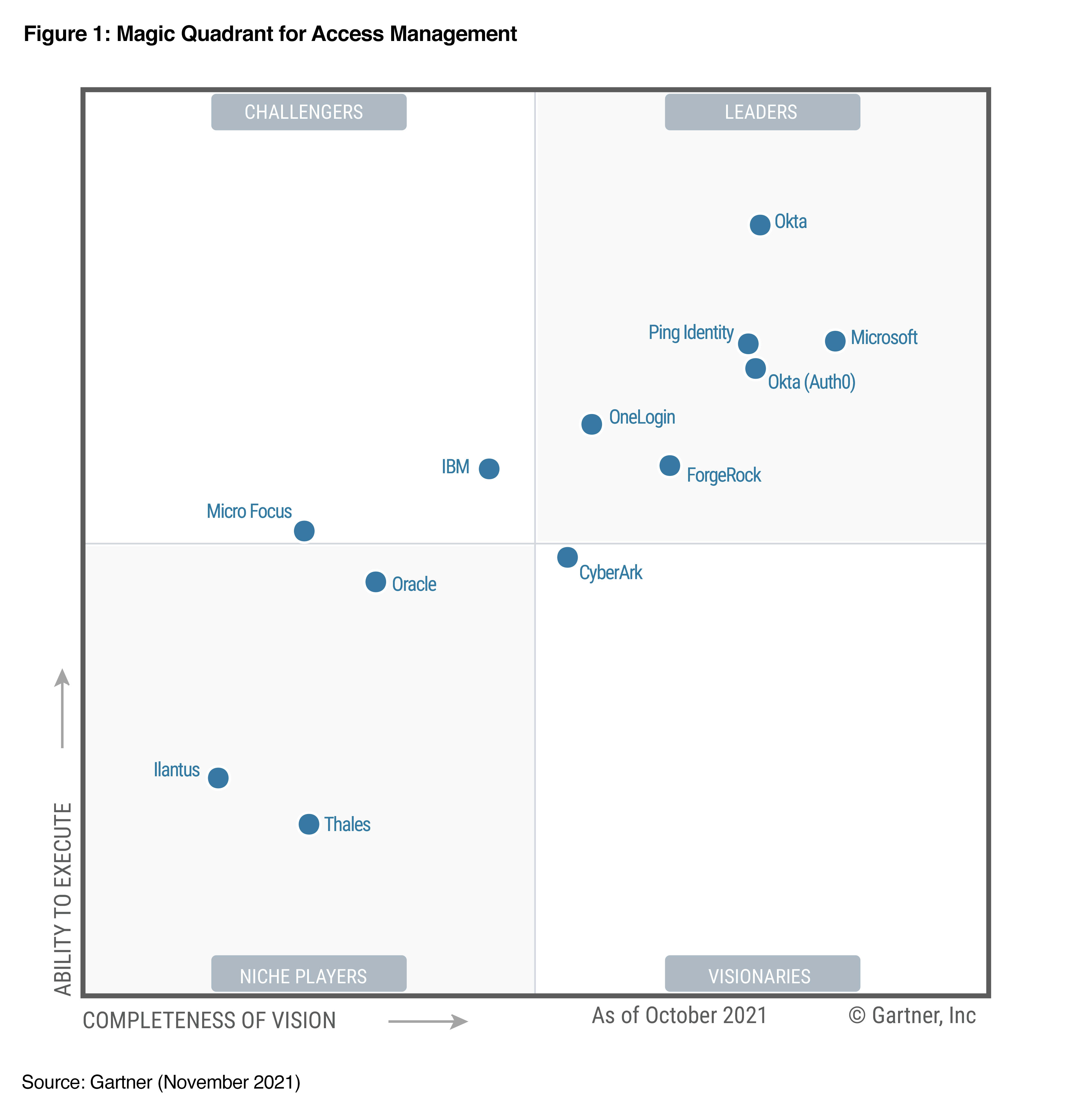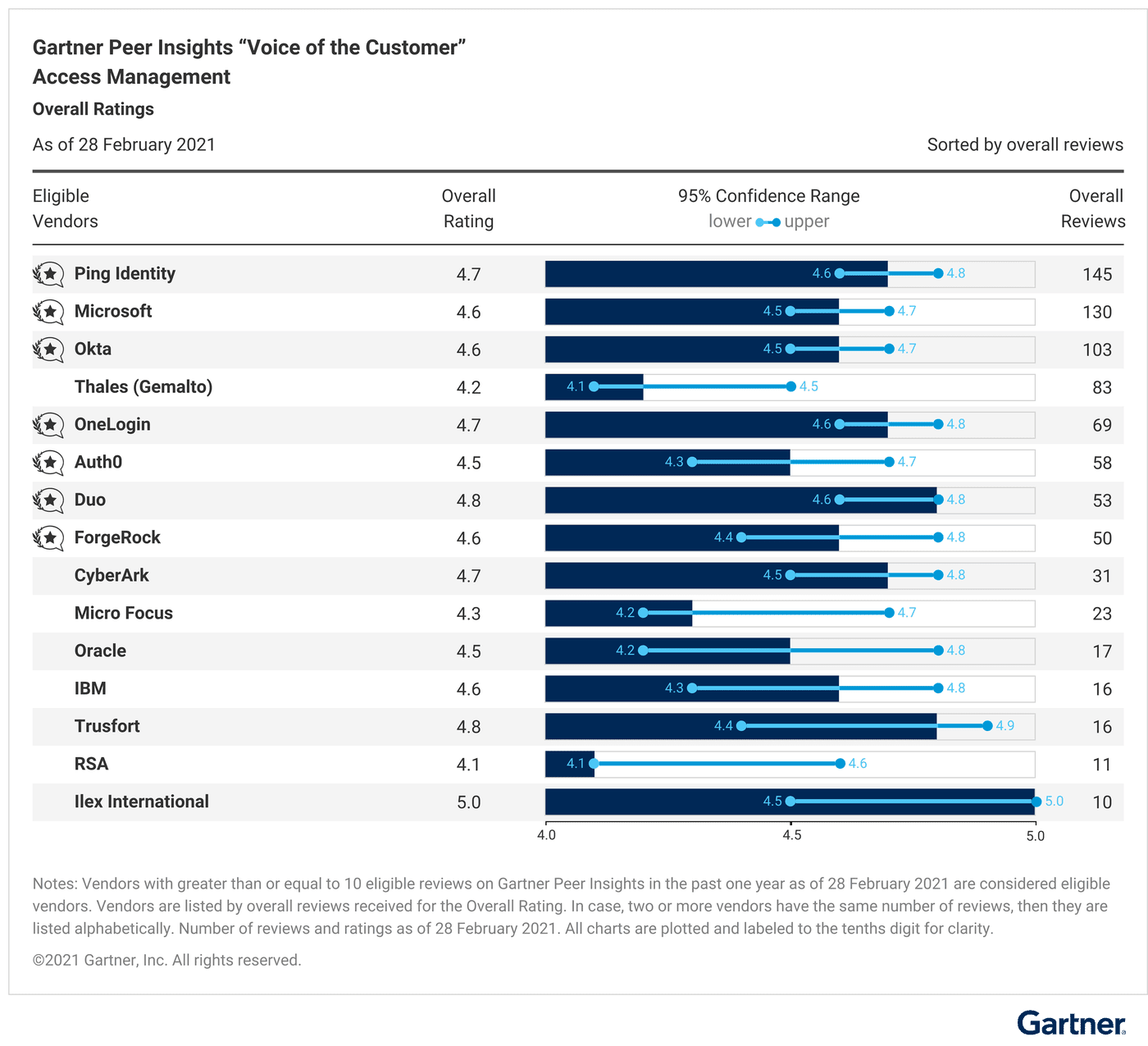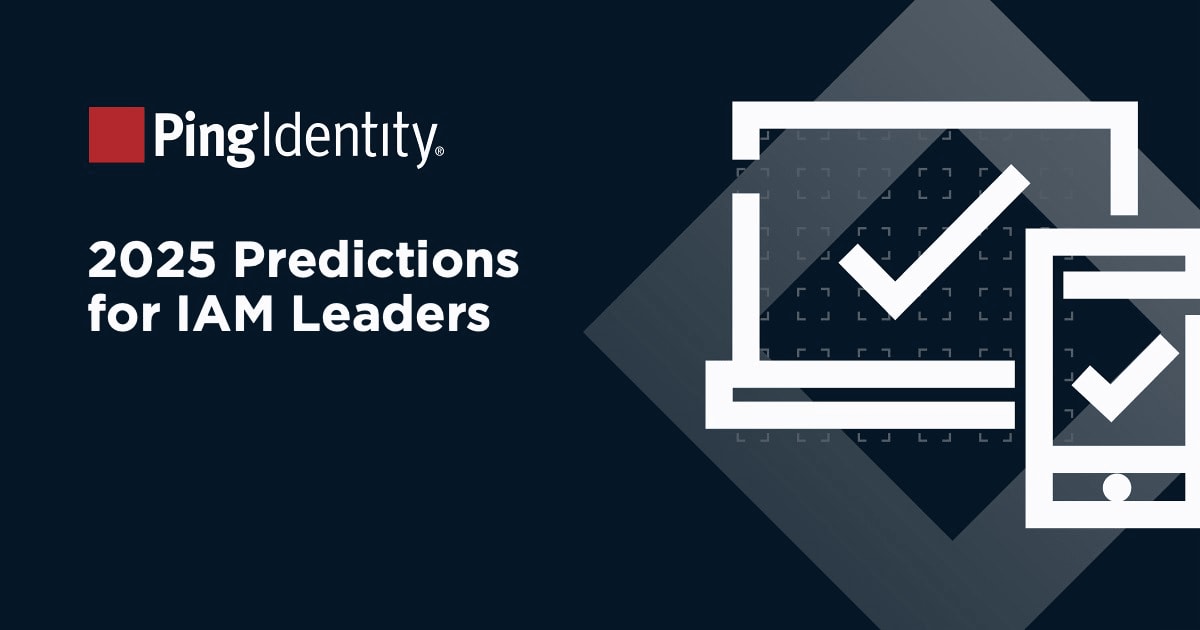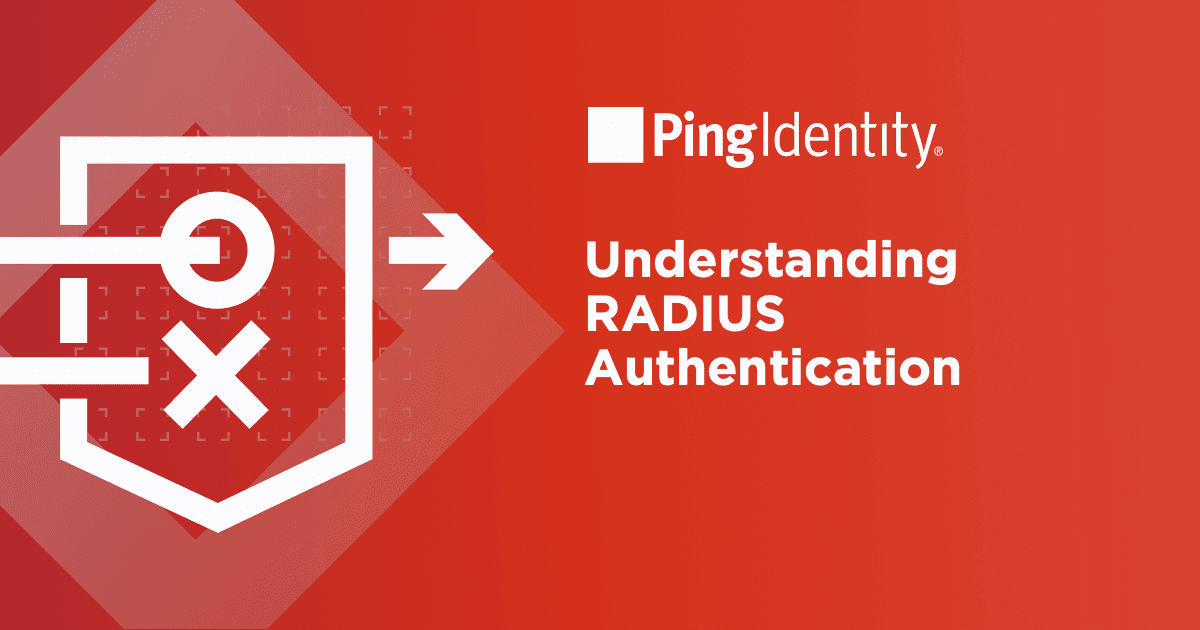The Magic Quadrant also discusses current and upcoming trends in IAM and states that identity orchestration and B2B CIAM use cases will increase in importance during 2022.
Accelerating No-Code Identity Security Integration and Orchestration
In the Magic Quadrant for Access Management, Gartner predicts that by 2024, low-code/no-code orchestration tools will be a critical capability for all AM products, up from 15% today. Identity proofing, compliance, authentication and fraud detection are all becoming increasingly interconnected. This is why digital businesses need to rely on various solutions that must be stitched together to help ensure the user experience isn’t too fragmented, time-consuming or demanding. Low-code/no-code orchestration tools are the solution.
Earlier this year, Ping acquired Singular Key in order to accelerate no-code identity security integration and orchestration. Not only has Gartner recognized us for our ability to enhance capabilities through acquisitions such as these, but we truly value the importance of providing organizations with the ability to reduce the overall cost and complexity of legacy IAM tools, as well as reducing the need to replace those tools instead connecting pieces together and making them interoperable.
Simplifying Partner Identity Management
Companies are becoming more dependent on IAM, yet implementing IAM for one organization is—on its own—quite the undertaking. With the new reality of remote access combined with the need for stronger digital collaboration between partner organizations, Gartner has observed an increase in inquiries surpassing B2C CIAM by 25%. As more organizations show an increased demand for B2B CIAM (i.e. identity solutions and services across partners) the task at hand becomes even more complex.
This is because various levels of authorization can apply to each partner and these partners can have an overwhelming amount of IAM capabilities to consider. The good news is that Ping offers various solutions for partner IAM, so you can focus on managing relationships, not partner identities.




